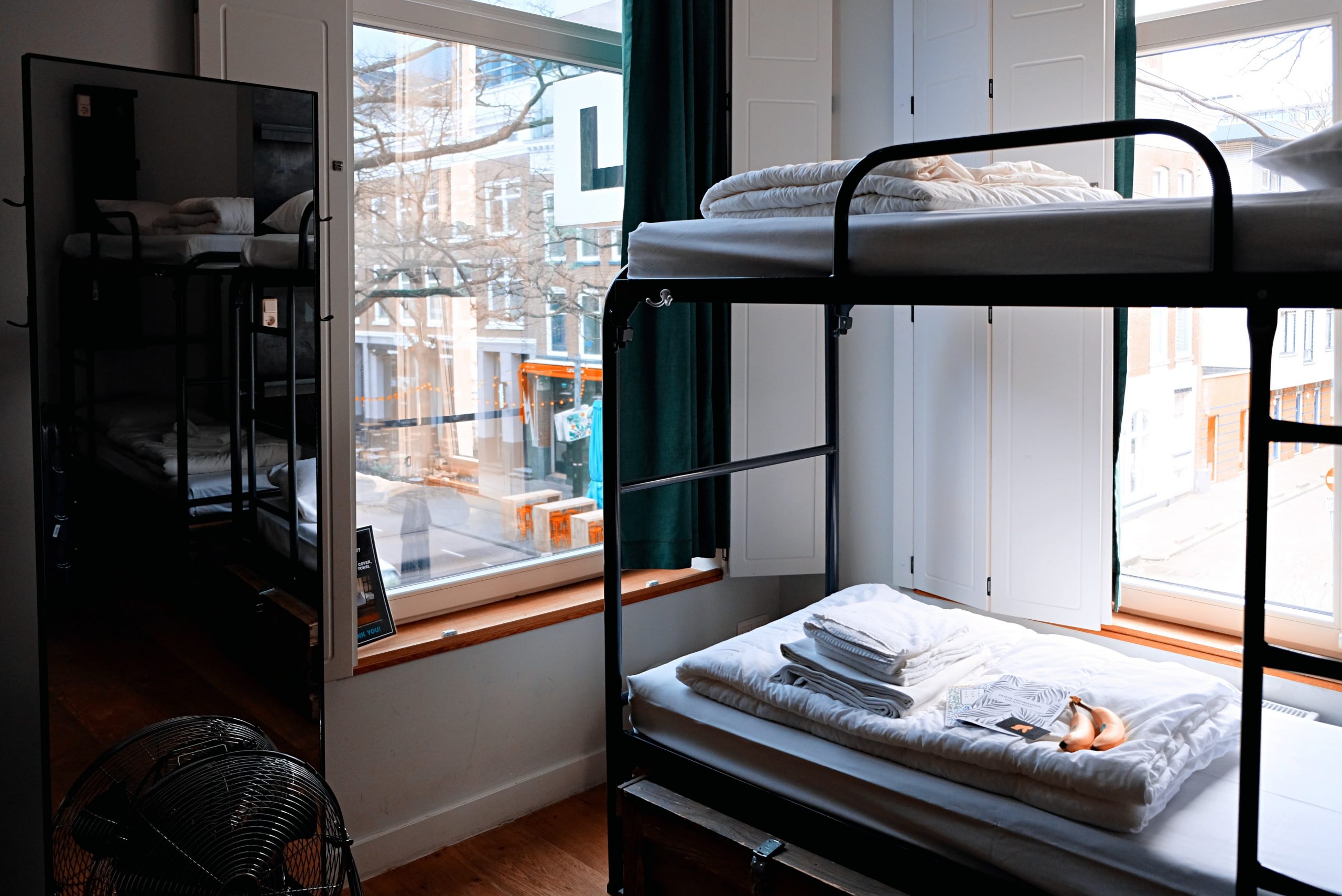One of the toughest parts of being a parent is communicating with our teens. Their bodies are going through a lot of changes, and that can cause them to act in ways that make us feel as though we’ve lost them forever. As you desperately try to reel them back in, HelpGuide.org recommends “no matter how much your teen seems to withdraw from you emotionally, no matter how independent your teen appears, or how troubled your teen becomes, he or she still needs your attention and to feel loved by you.”
Non-judgmental conversation is one of the best ways to show our troubled teens we love and care about them. Just talking to them doesn’t work though; conversation needs to be approached in a special way when dealing with a standoffish teenager. Dr. Janet Sasson Edgette, psychotherapy, points out “teenagers are the most protective of their vulnerable sense of dignity, and are particularly unforgiving of adults who seem to talk down to them, attempt to get some advantage over them, or assume a verbal one-up stance.”
Adolescents need to feel as though they are understood. When parent rebuttal their thoughts and feelings, they simply shut down. Therefore, “try to start all interactions with your child with understanding, even if you don’t fully agree or even quite comprehend what they’re talking about,” recommends Debbie Pincus, MS LMHC.
You can do this simply with the following conversation starters.
“What do you think about that?”
When watching television or listening to the news, identify some of the issues that your troubled teen may be dealing with, and ask, “What do you think about that?” This curious question can lead the conversation to….
“Do you know anyone dealing with this situation?”
Asking if the troubled teen knows anyone struggling with a particular situation can help the teen discuss feelings or opinions about a friend. This opens the lines of communication, so you can hear what your troubled teen may be dealing with when you’re not around.
“If you could do anything right now, what would it be?”
Many teens feel conflicted by what they need and want to do, so asking this question can help alleviate some of the tension they experience. It’s important to allow the teen to go as in-depth as possible with this question, even if it makes you uncomfortable.
“Why does it make you feel this way?”
As parents, we seek to understand our troubled teens. The only way to do that is to ask questions. This question is perfect because it gives the teen an opportunity to share what he or she is thinking or feeling. As long as we remain open to whatever the answers are to this question, teens will express their feelings.
“What would you change about yourself?”
Teens are highly critical of themselves, and many times, they internalize those self-inflicted insults. Allowing teens to vent their self-conscious thoughts and feelings can help them process them, so they can start to develop a better sense of self.
“What can you do about it?”
Teens want to feel in control of their lives, which is why they are incredibly resistant to parental guidance. Asking them what they can do about a particular situation encourages them to problem solve, and shows them that we trust them to come to the right decisions.
Create a Conversation Jar
Dr. David Palmiter recommends setting aside one hour a week to talk with teens. This can be three 20-minute periods. Since it can be difficult to strike up conversation with a teen that many times, it may be wise to create a topic jar. This jar should contain small slips of paper that have topics on them to discuss, such as:
- What scares you about life?
- What do you want to do before you die?
- What do you imagine your future being like?
While it may be trying to get teens to agree to this one-on-one time, it’s important to get into the habit of it. After a few rounds of conversation, teens will begin to get used to it, and many look forward to it because they appreciate the time and effort their parents are putting into learning about the person they are becoming.
For more information on how to parent troubled teens, browse our blog and website. We specialize in helping parents and troubled teens reconnect to develop a strong, loving bond.











0 Comments